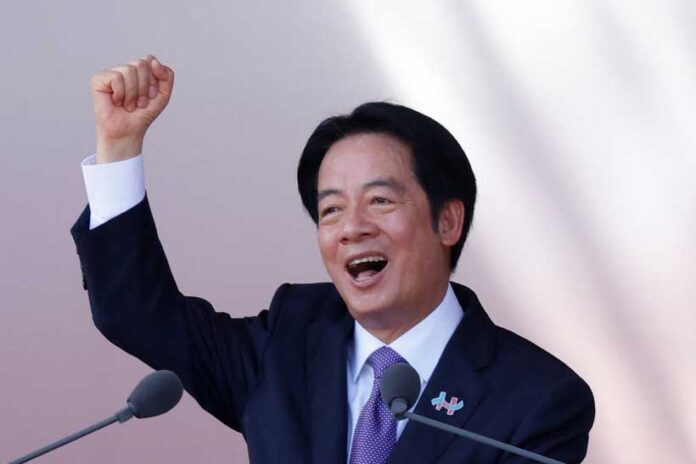Taiwan plans to introduce a $40 billion defence budget to strengthen its self-defense against China, which considers Taiwan part of its territory. President Lai Ching-te announced this initiative, responding to increasing military and political pressure from China over the past five years. Taiwan’s government is aiming for defense spending to reach 5% of its GDP by 2030, reflecting similar calls from the U. S. for increased defense expenditures.
Lai unveiled a T$1.25 trillion ($39.89 billion) package that will span from 2026 to 2033. He emphasized that there is no room for compromise on national security and highlighted that Taiwan’s sovereignty and commitment to democracy are fundamental to its identity. This budget will fund military enhancements like missiles, drones, and the T-Dome air defense system.
Lai framed the situation as a struggle to maintain democratic values against the pressure to become part of China, rather than just a matter of unification versus independence. The U. S. has welcomed Taiwan’s commitment to bolster defense capabilities, marking it as a significant move to ensure stability in the Taiwan Strait. The U. S. supports Taiwan’s efforts to rapidly acquire essential military capabilities despite the lack of formal diplomatic ties.
Taiwan’s military strategy focuses on an “asymmetric” approach, aiming to make its smaller forces more agile and effective against China. The projected defense spending for 2026 is T$949.5 billion ($30.3 billion), which will be the first time it exceeds 3% of GDP since 2009. This budget must still be approved by Taiwan’s opposition-controlled parliament, where the Kuomintang party has expressed concerns about increased military spending, calling for peace and caution.
Lai’s announcement coincides with rising tensions between China and Japan concerning Taiwan, as Japan discusses potential military responses to a hypothetical Chinese attack. A spokesperson from China criticized Taiwan’s actions, suggesting that they squander resources on military purchases instead of improving local living conditions.
The United States has committed to helping Taiwan defend itself and plans to increase arms sales to Taiwan beyond levels seen during Trump’s administration. Lai reiterated the strength of U. S.-Taiwan relations and emphasized that only the people of Taiwan should decide their future, while China has dismissed his overtures for dialogue, labeling him a separatist.
With information from Reuters


